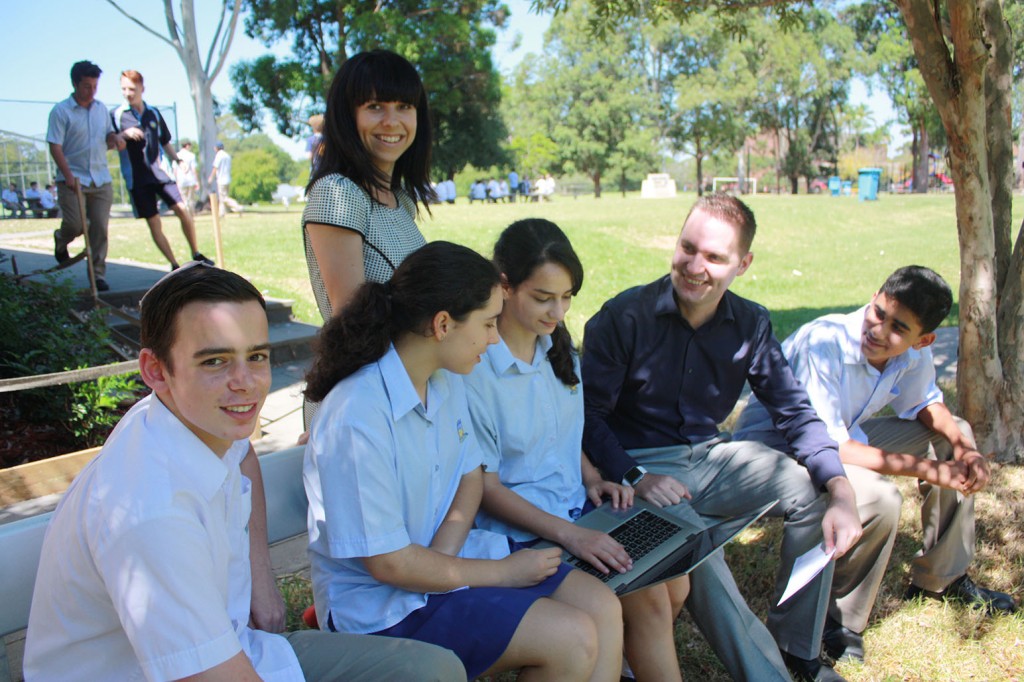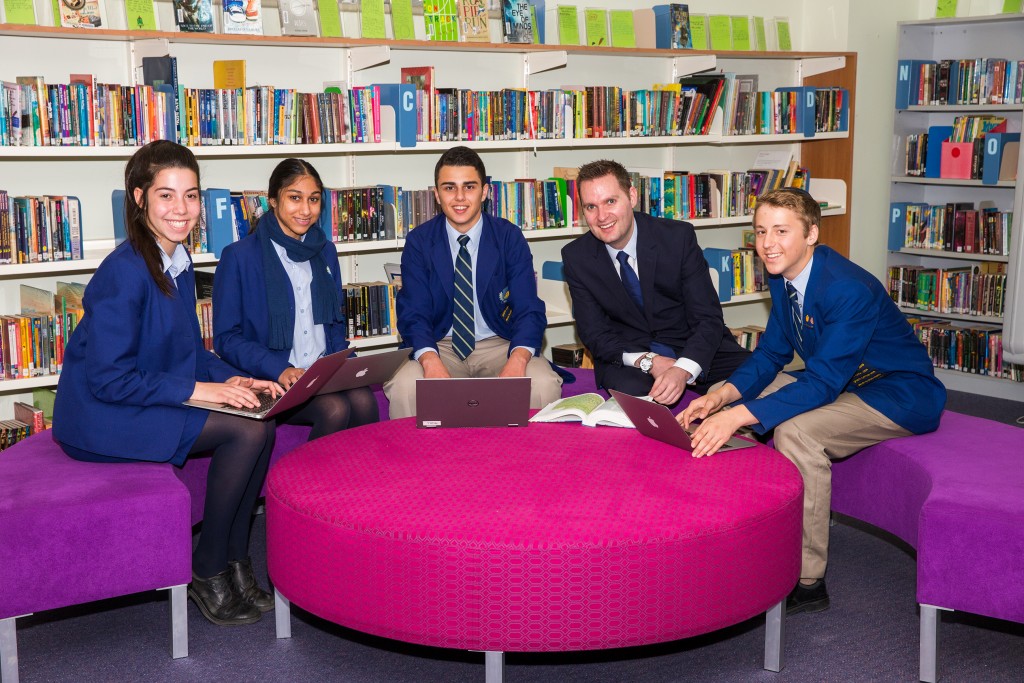This blog is written by a Secondary PGCE Geography alumni whose career pathway has taken him from North East England to Sydney, Australia. Here he reflects on his current work to support teachers to make sense of the puzzle in their practices and how this has its roots in his work on the Newcastle University PGCE programme.
A passion for thinking and learning was first fired in my PGCE course at Newcastle University, working alongside Rachel Lofthouse as my tutor. With an enhanced understanding of the seminal work of David Leat and the ‘Thinking through…’ team, I was able to use this as a springboard for the rest of my career. After seven years of teaching at Seaton Burn College, working in a variety of leadership roles but most prominently in the professional learning of teachers, a move to Australia led me to Masada College in St Ives, Sydney – an independent Jewish school for 3-18 year olds. My journey in leading and developing teacher capacity continued soon after joining Masada, primarily with a focus on embedding technologies. In 2015, I was invited to join the Executive team as Head of Teaching and Learning 7-12. My time in Australia has provided a myriad of opportunities and 2016 is no exception! It is shaping up to be another year full of professional learning. In July, I am extremely fortunate to have been accepted to be a participant at the Harvard University School of Education ‘Project Zero Classroom’ and ‘Future of Learning’ courses, both of which are central to our teaching and learning ethos at Masada. In addition, as the recipient of the NGS Superannuation ‘Dedicated to the Dedicated’ scholarship, I will visit USA schools who are pioneers in student centered classrooms. In connection with this study tour, working alongside ‘Flipped learning’ pioneers Aaron Sams and Jonathan Bergmann, I will facilitate professional learning at FlipCon in Adelaide and the Gold Coast.
This article represents a snapshot of my work alongside Carla Gagliano as my fellow Head of Teaching and Learning (ELC-6) and the many outstanding colleagues we have across the school.
Day One, Term One and as our new and established colleagues arrived back at Masada College, refreshed and looking forward to the year ahead, we began by asking them just one seemingly simple question: What do we want the children we teach to be like when they are adults? It’s a question that has been posed many times by our colleagues of the Project Zero team at Harvard University, to teachers around the world in developing cultures of thinking in schools.
The question creates a myriad of responses, but what is most interesting is the commonalities in what our teachers consider to be residuals of education. Not merely the ability to pass a test or reach the top Higher School Certificate grade, but imbue in our students a set of thinking dispositions (Ritchhart, 2002). Not thinking skills, but dispositions such open-mindedness, curiosity, scepticism, metacognition, compassion, inquisitiveness and truth-seeking amongst others. In this way, we see our students grow into the intellectual life around them. They learn to become thinkers, rather than do thinking.
At Masada College, through our Leading Learning educational package, we respect students’ talents, develop their creativity, their sense of responsibility, enrich their thinking and encourage everyone to strive to achieve their personal best. In our almost decade long journey in developing cultures of thinking, we have observed our teachers not ‘teaching thinking’ or relying on ‘thinking programs’ but instead leveraging cultural forces such as routines, language and interactions to create an environment where a collective and individual thinking is valued, visible and actively promoted as part of the regular day-to-day experience for all.
This ‘experience for all’ crucially includes our teachers. We embrace the notion that if we want a culture of thinking for our students, then we need a culture of thinking for our teachers. Guided by Project Zero consultant, Mark Church, all of our teachers conduct an action research project of their choosing to develop their understanding of a puzzle of practice to enhance student learning. At the heart of our culture of thinking are fortnightly focus groups, guided by an experienced facilitator. Working alongside peers to unpack their teaching puzzle, discuss possible next steps and share effective practice creates opportunities for rich discourse about teaching and learning.
As we have developed our culture and become a leading organisation using the approach, we are regularly asked to share our insights and learning with schools both nationally and internationally. Our highly acclaimed ‘Building Capability for Critical and Creative Thinking’ course is a three-part professional learning opportunity for us to share these insights and assist teachers and leaders from schools across New South Wales place critical and creative thinking at the heart of what happens in schools and classrooms. Throughout the course professional learners reflect on their practice and discover and embed this rich and transformative approach.
We strive for Masada graduates to display the sorts of attitudes toward thinking and learning we would most like to see in all young people – not closed-minded but open-minded, not bored but curious, neither gullible nor sweepingly negative but healthily sceptical, not satisfied with surface-level learning but digging deeper towards a genuine understanding. As educators, it is our responsibility to ensure that students truly become thinkers, not only to ensure examination success but to guarantee success beyond school and promote life-long learning.
Ryan Gill
Head of Teaching and Learning 7-12
Masada College, Sydney
Follow me on Twitter: @ryanagill
References
Ritchhart, R. (2015). Creating cultures of thinking: the 8 forces we must master to truly transform our schools. Josey-Bass
Ritchhart, R. (2016). Making Thinking Visible: Using Thinking Routines in the Classroom. Presentation.


